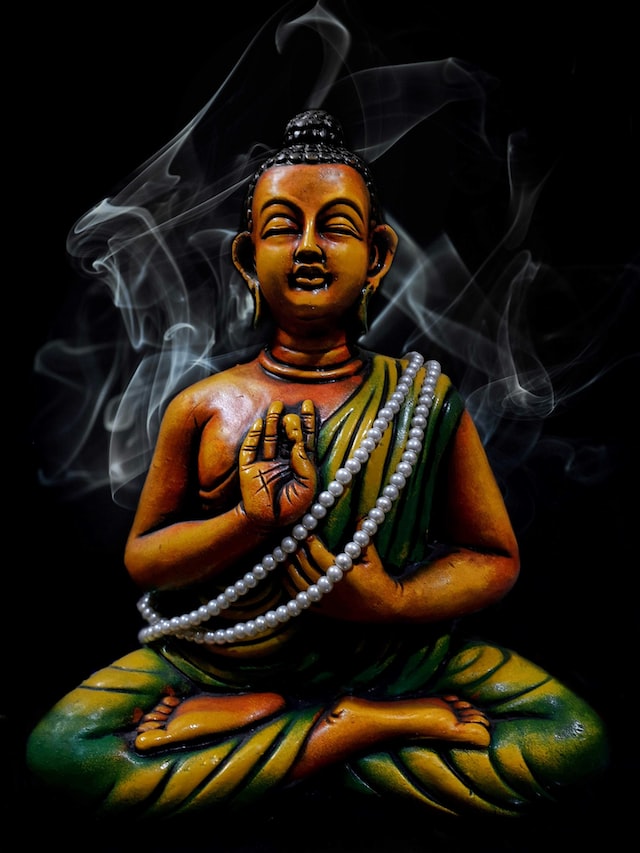BB asks: “What exactly is karma and where did this concept originate?”
Karma is the law of moral causation, or cause and effect, which is based upon the idea that nothing happens by accident to a person. Fundamental to both Hinduism and Buddhism, there are differing view on exactly how karma works.
For instance, Buddhists view karma as a way to explain why one person is born into luxury and another is homeless or why one man is a genius and another has severe mental challenges. According to the law of karma, none of these inequalities is accidental, but is the result of something the person did either in this or a past life for which he or she is being punished or rewarded.
Indian religions have a slightly different view of karma, such as those who believe that karma cannot be fate for humans act with free will, thus creating their own destiny. In other words, if one sows goodness, they will reap goodness; if they sow evil, they will reap evil. They believe good or bad actions create impressions or tendencies in the mind, which will come to fruition in some further action.
Other Hindus, such as the followers of Vedanta, believe that a personal Supreme God known as Ishvara is also involved in the process. They believe the events and circumstances in a person’s life are not just brought about by the law of cause and effect but are also dependent upon Ishvara’s will.
It’s also important to note that when Hindus use the word, they tend to be referring to “bad karma,” the result of wrong actions, because this is what binds a person’s soul (atman) to the cycle of rebirth (reincarnation or samsara) and will lead to misfortunes in this life and the next. The effects of bad karma can be wiped out by making pilgrimages to holy places or other acts of devotion, deeds which are known as “good karma.” The word karma refers primarily to “bad karma” – that which is accumulated as a result of wrong actions.
While the theory of karma is a fundamental doctrine in Buddhism, the belief is said to have been prevalent in India and Hinduism long before the advent of Buddhism. The word karma, connected to the meaning it has today, first appeared in Hindu books known as the Upanishads which were composed over a wide period of time ranging from the pre-Buddhist period to the early centuries BC.
© All Rights Reserved, Living His Life Abundantly®/Women of Grace® http://www.womenofgrace.com










